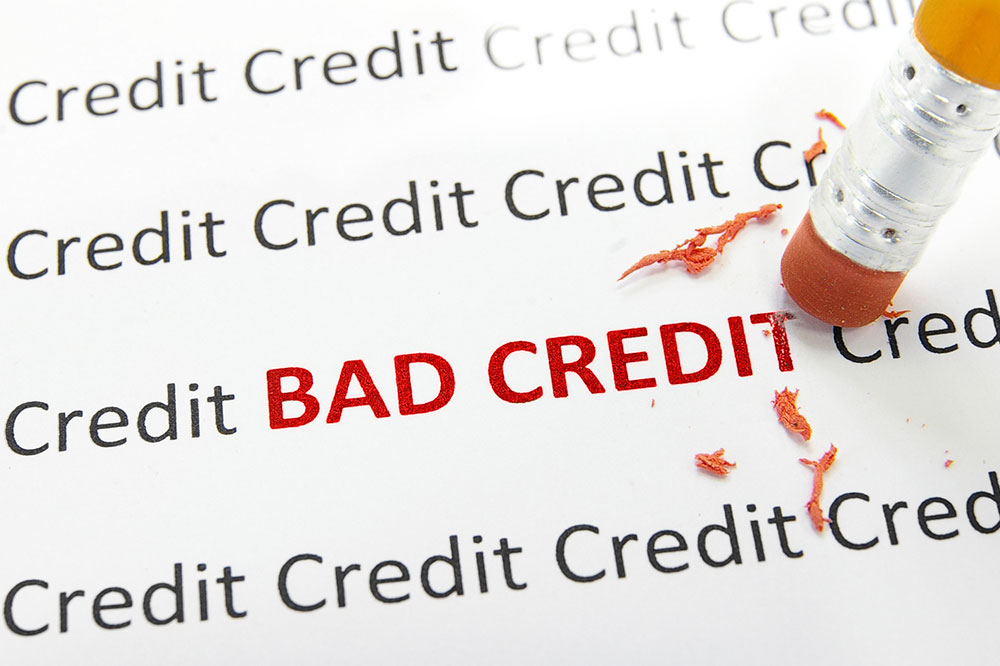
3 Ways to Improve a Bad Credit Score
A bad credit score can get in the way of a lot of new developments. The best way to start building your credit score when it’s in a bad place is to catch up with all the due bills from the past and getting rid of the negative credit report information. However, to make sure that your credit score builds up to a point where you can easily be approved for new loans and credit cards, some effort over the initial steps would be required. This article explains how a bad credit score can be improved:
- Inculcating better credit habits: To make sure that your credit score does not plummet, it is necessary to start working on any credit-damaging spending habits that caused the downfall earlier. These credit-damaging habits would have to be replaced with better ones to make sure that the bad credit score doesn’t see a repetition. Some of the habits that damage credit could be charging things that are above your level of affordability, skipping the credit card payments, and paying just the minimum. These habits should be replaced by ones such as staying below the credit limit at all times, paying the credit card bills on time, and also in full as much as possible. Positive habits can prove to be powerful in turning the credit score around and also retaining it.
- Finding new credit accounts: Once hit by a bad credit score, people usually begin to fear a new credit account. However, if the bad credit score has left you with no credit cards, then swearing off of new credit accounts will make the job of improving your credit score even more difficult. On the other hand, securing a credit card and making use of it well can help in putting a positive payment history in place. While having a bad credit score does make it difficult to secure for a new credit card, it’s not impossible. As each application for a credit card can affect your score, do not apply for multiple cards at once. Avoid subprime credit cards, as they have high interest rates and very high fees, which could affect your credit score. Understand the reason behind any rejected credit cards and make your way up slowly.
- Create a good history: Rebuilding credit largely depends on the factor of payment history. While credit reports don’t necessarily list payments regularly, they would end up having to report them when the individuals lag phenomenally. Any small problems such as school lunch, library fines, medical bills, etc. should be avoided at all costs. Businesses are increasingly employing collection agencies to find out any unpaid accounts. Once a problematic account is noticed by these collections, the information will certainly reach the credit bureaus. After that, the detail would remain on the credit report for as long as 7 years. Any progress made in improving the bad credit score can be reduced greatly by this. Hence, it is important to make sure you mind your payments well to create a good history.



